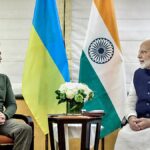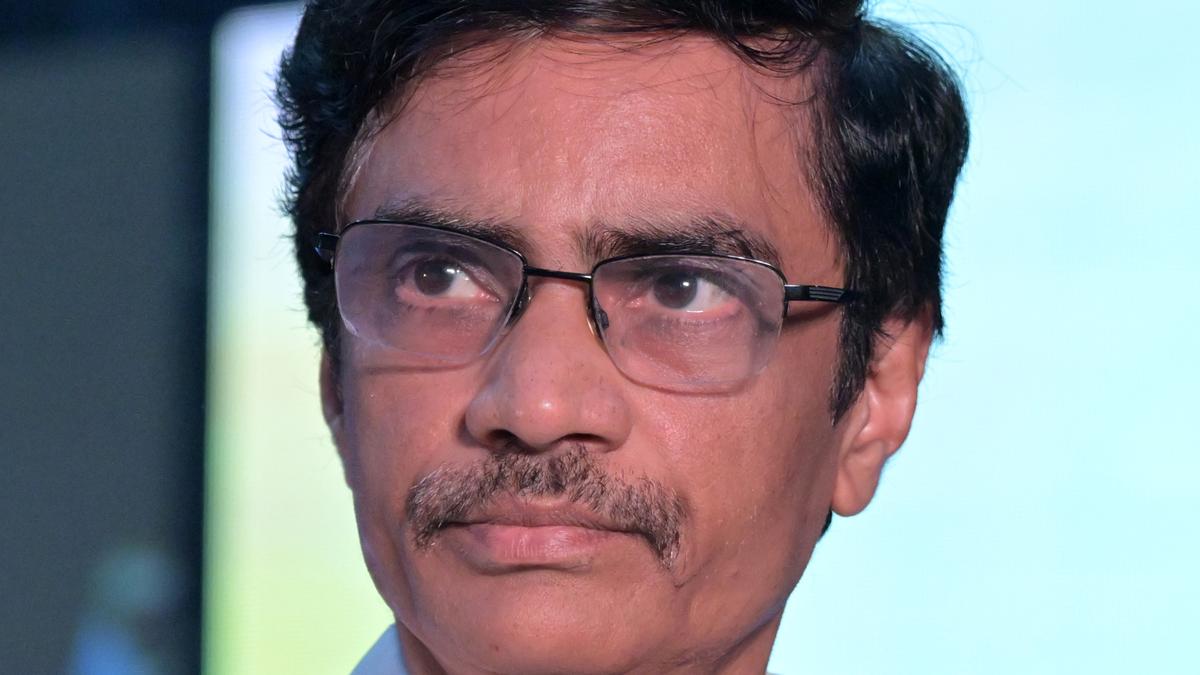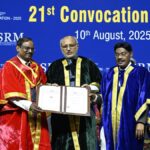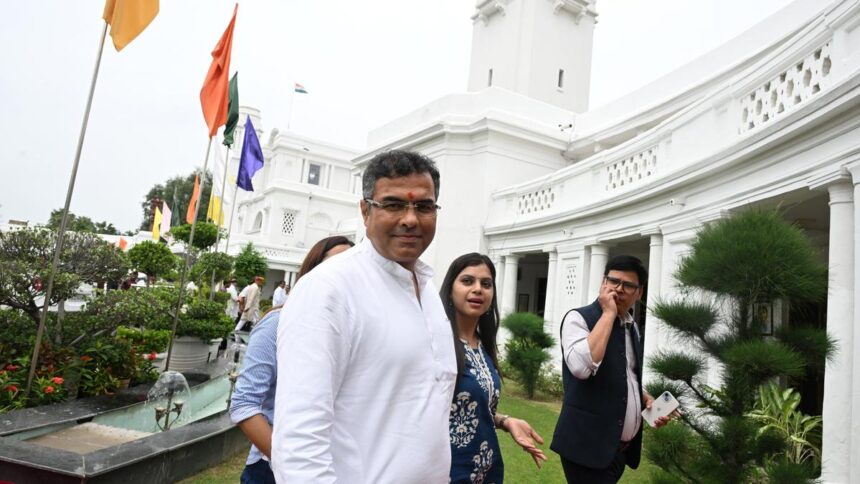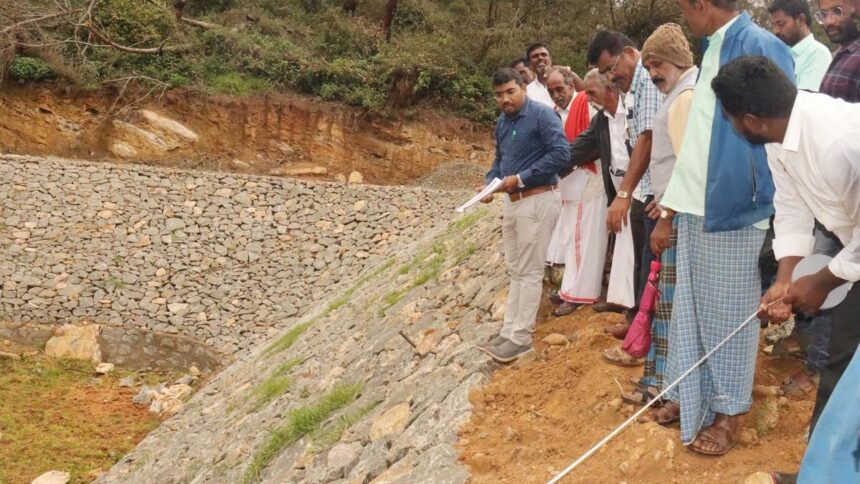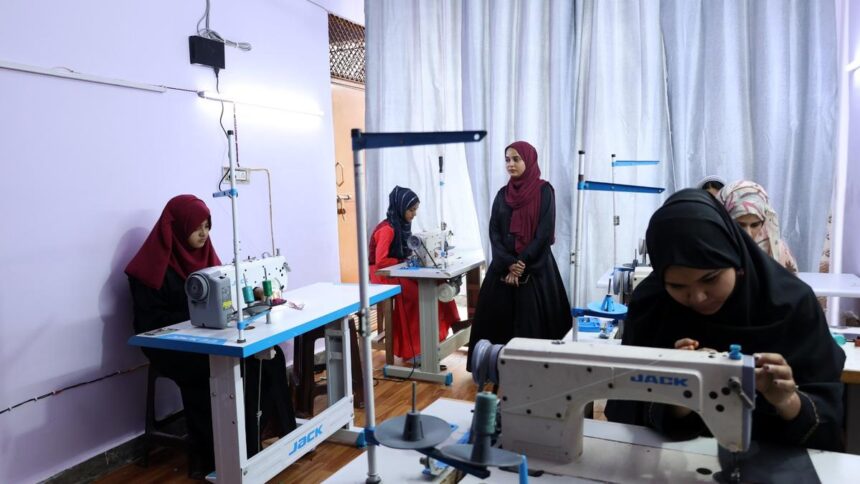
Principal of AU College of Engineering G. Sasibhushana Rao. File
| Photo Credit: K.R. DEEPAK
With the Government of Andhra Pradesh leaving no stone unturned to leverage the power and advantage of adopting quantum technology and taking steps to establish a Quantum Valley in the capital city of Amaravati, many youngsters, especially those studying computer science course or those planning to pursue IT-related courses, may wonder as to what the buzz is all about.
Principal of Andhra University College of Engineering Gottapu Sasibhushana Rao, who is also professor in Electronics and Communications Engineering (ECE), explains it lucidly.
Just as electrical and classical computers had been game changers in the 20th century, quantum computers would change the way we look at the challenges of the 21st century, said Prof. Sasibhushana Rao in an interview to The Hindu.
“Quantum computers will not replace classical computers (the ones we use today), but they will solve problems that classical machines cannot. From curing diseases to designing new materials, to unbreakable encryption and next-generation AI, quantum computing will drive the next technological breakthroughs,” he observed.
“Quantum computers have an edge in solving complex and time-consuming problems, especially in the areas such as cybersecurity (cracking or creating unbreakable codes), medicine (simulating molecules and designing better drugs faster), Artificial Intelligence (training smarter and faster AI models), and optimisation (improving logistics, traffic, finance and more),” Prof. Sasibhushana Rao explained.
On the power of quantum computing, he said, “Let’s imagine a door with hundreds of possible keys. A classical computer tries one key at a time. It keeps checking until it finds the right one. A quantum computer tries all the keys at once, and instantly opens the door. That’s the power of quantum computing.”
Referring to the origin of classical and quantum computers work, Prof Sasibhushana Rao said, “Classical computers have come from our knowledge of electrical circuits and semiconductor physics. They use transistors to create bits — they are in either ‘on’ (1) or ‘off’ (0) states. Quantum computers come from the world of quantum physics. It is the science of tiny particles like electrons, atoms and photons.”
Explaining the difference between a ‘bit’ in classical computer and ‘qubit’ in quantum computing, he said, “A ‘bit’ is the smallest unit of data. It can only be in one of the two states — 0 or 1, like a coin that is either heads or tails. A ‘qubit’ on the other hand is the quantum version of a ‘bit’. It can be 0, 1, or a mixture of both at the same time. This is called superposition. Imagine a coin that is spinning — it will be both heads and tails until you stop it.”
Explaining the prospects for quantum engineers, he said, “Quantum computers are powerful, but they need skilled people to build, programme and operate. This opens up exciting career opportunities for students, engineers and scientists.”
No wonder, Andhra University became the first State-run institution in Andhra Pradesh to offer a course in quantum computing with a view to nurturing the skilled workforce needed to tap the vast potential unfolding.
“India is investing heavily in quantum technologies through the Ministry of Electronics and Information Technology. C-DAC has set up a quantum computing lab and is working on India’s own quantum processors. It is part of the National Mission on Quantum Technologies and Applications with a budget of ₹8,000 crore (US $1 billion),” Prof. Sasibhushana Rao said.
Published – August 11, 2025 12:33 am IST





